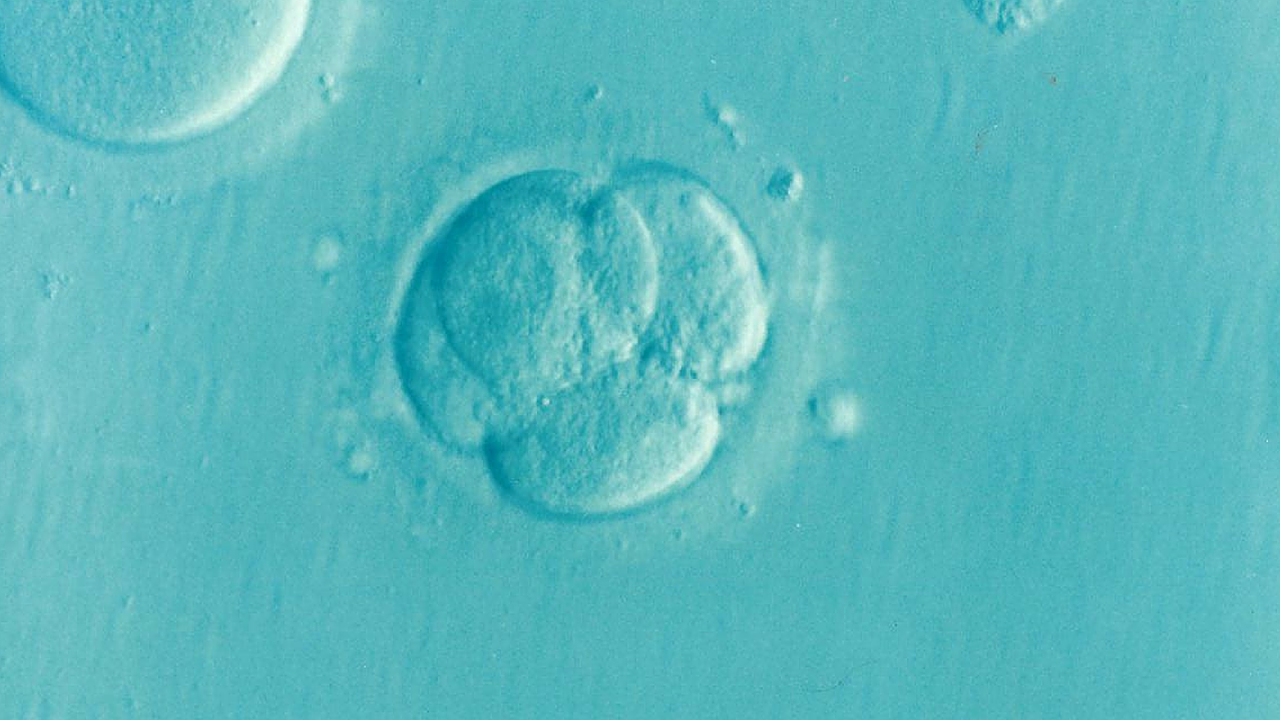Aggregated News

Researchers at Columbia University in New York have created embryos containing genetic material from three people and are ready to use them to start pregnancies. But they’re at a legal impasse.
At a public forum at Harvard Law School on Wednesday, Dietrich Egli, assistant professor of developmental cell biology at Columbia, said his team has used a controversial technique called mitochondrial replacement therapy to make embryos for four female patients. The women are all carriers of genetic disorders that are passed down through maternal mitochondria, the energy-generating organelles inside cells.
The embryos cannot be transferred into a woman’s uterus because of a 2015 congressional amendment that forbids the Food and Drug Administration from considering human research applications “in which a human embryo is intentionally created or modified to include a heritable genetic modification.”
For now, Egli said, the embryos have been frozen. “They would be ready for transfer if a legal path could be found,” he said.
Wednesday’s event at Harvard was the first in a series of meetings meant to draft policy recommendations with the goal of persuading U.S...



